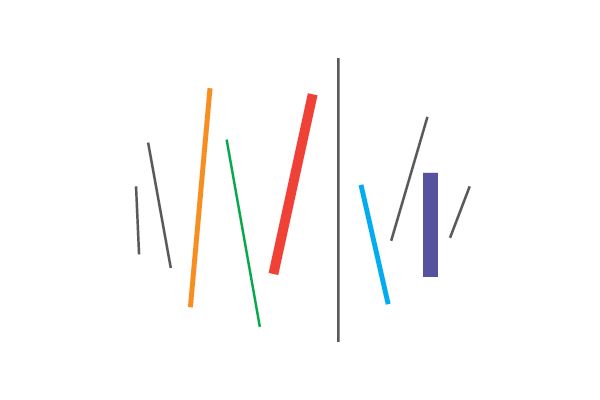Competitive research projects
Learning Amidst Disinformation and Social Conflict: Young People and Teachers Co-Constructing Curriculum through Transnational Dialogue
About project
Project basics
- Acronym: Co-Constructing Curriculum in Conflict (4Cs)
- Principal investigator: prof. Lee Jerome, Middlesex University (UK)
- Co-principal investigators: PhD. Zrinka Ristić Dedić, Institute for Social Research in Zagreb, prof. Kathy Bickmore, University of Toronto (OISE)
- Call: Trans-Atlantic Platform for Social Sciences and Humanities (T-AP 2023), Democracy, Governance and Trust Call
- Financed by: Research and Innovation – Arts and Humanities Research Council (UK), Croatian Science Foundation (Croatia), and Social Sciences & Humanities Research Council (Canada) Croatian Science Foundation
- Project duration: November 1 2024 – August 31 2027
Project description
This participatory qualitative research aims to address the growing gap between young people’s lived experiences and their schools’ citizenship-relevant curriculum practices, in the contrasting contexts of England, Croatia, and Canada. In this rapidly changing world, inundated with instantaneous but unreliable information and images, existing approaches to teaching about controversial and sensitive issues may not engage with students’ myriad situated experiences, strong emotions, or digital cultures. Young people’s understandings—garnered from globalized digital media as well as their own localities—often remain disconnected from official school curriculum, which continues to emphasize a static, single-story, universalized knowledge base. The need for new solutions has become urgent amid the rise of online hatred, disinformation, conspiracy theories, polarised public debate, direct and structural violence, and disengagement from democratic governance.
As co-participants with researchers in collaborative inquiry and dialogue, students and teachers in each local setting will co-construct new educational projects that facilitate meaningful mutual engagement about the difficult and divisive issues and the media sources the youth consider important, mindful of the constraints surrounding teachers’ work. First, arts-oriented inquiry will elicit young people’s and teachers’ experiences, to reflect on the burning conflictual issues and (dis)information sources shaping youths’ learning in each community. Next, teachers and students will exchange and discuss concerns with co-participants at other schools, within then across countries, learning through their differences in school ethos, curriculum, political cultures, identity formations, and patterns of contemporary and historical violence. Eventually, students and teachers will co-create new pedagogical materials to tackle locally relevant divisive issues through informed, inclusive, and creative engagement. This pragmatic collaboration will yield rich, practical, context-responsive pedagogical case studies and transnational dialogue, shared through an interactive website. This will enable the project team to elaborate new principles and exemplars of education that can meet contemporary challenges to democracy and peace.
Logo

